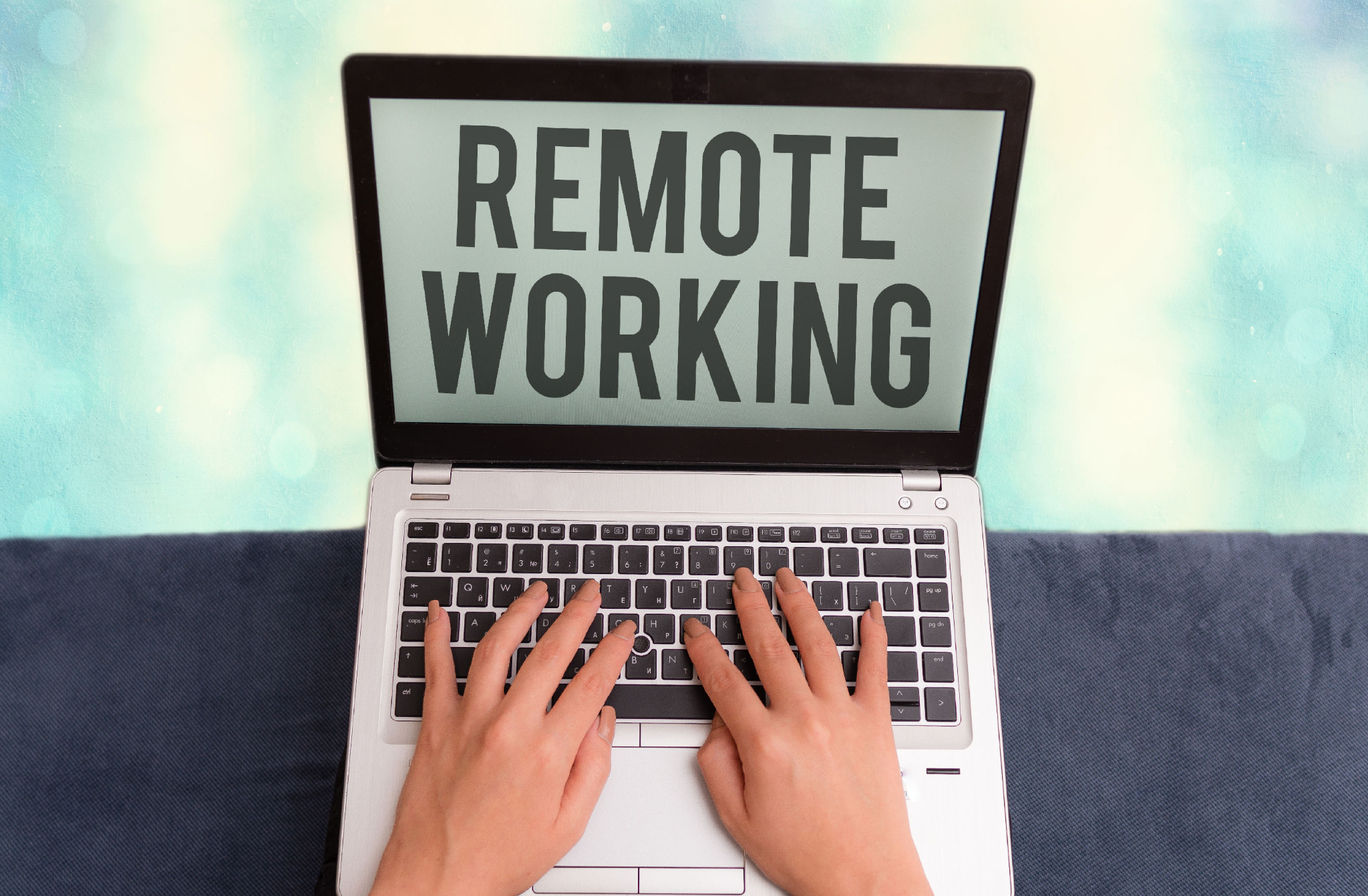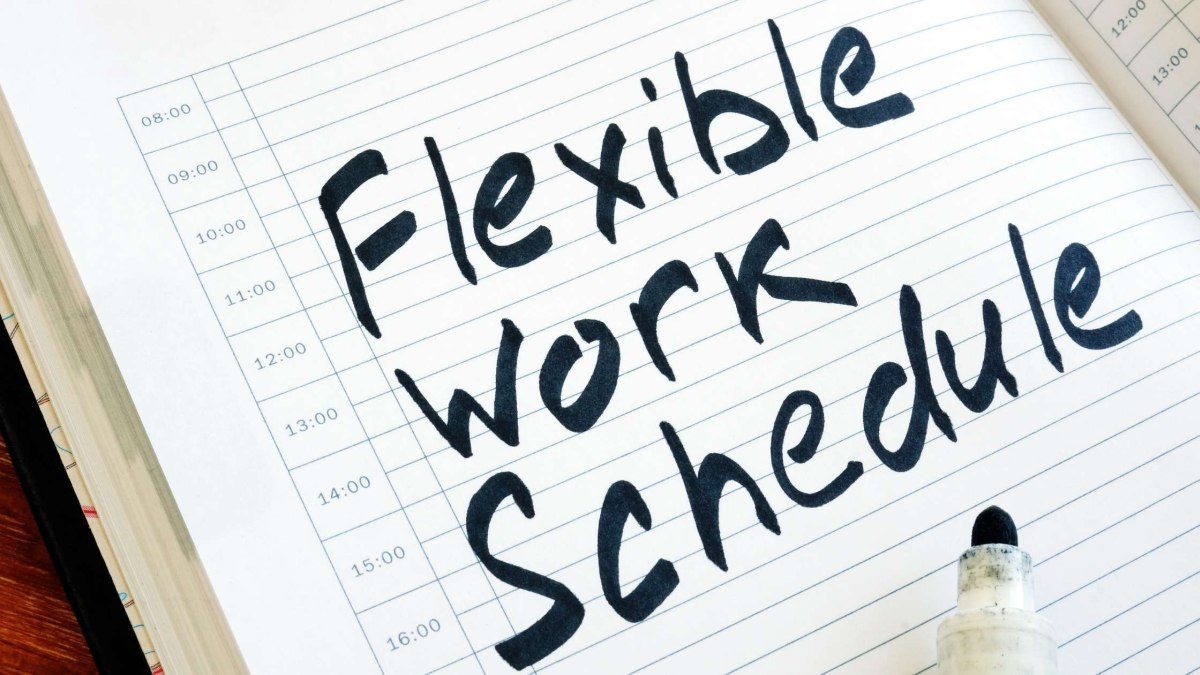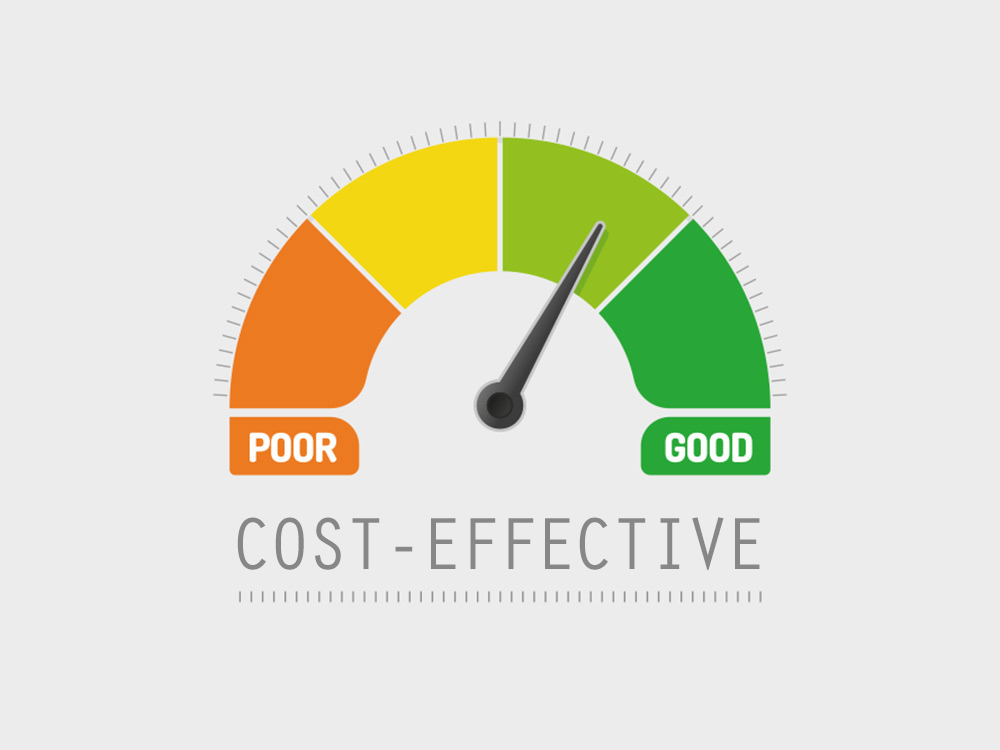Technology has made it possible to work from home and stay connected to your company no matter where you are. Companies have realized the benefits of hiring remote workers.
However, there are some drawbacks to working remotely that allow for Remote Jobs vs. Office Jobs comparisons regarding quality of life, workplace environment, and stress levels.
Remote jobs have become more and more popular in recent years. While they may seem like the perfect option to many people seeking employment, it’s essential to examine them more closely before deciding if this is the right path to take in your career.
Some people love to work in an office, while others prefer working from home. Both remote and office jobs have advantages and disadvantages, so it’s essential to understand which one is suitable for you, based on your individual needs.
So, if you are considering taking the plunge into a remote job or switching from an office job to one that lets you work remotely.
Then this article will help you explore the pros and cons of each kind of job to help you determine which type of work best fits your personality and needs in the long run.
Buts let’s first understand
What Is Working Remotely?
 Remote working is a broad term and encompasses all those who work outside of the traditional office environment. This can include those who work from home or a different city or country.
Remote working is a broad term and encompasses all those who work outside of the traditional office environment. This can include those who work from home or a different city or country.
Some companies and employees prefer remote working arrangements over 9 to 5 jobs because it is more flexible. Others enjoy remote working so they can travel while still getting work done.
 View Website
View Website
 View Website
View Website
 View Website
View Website
Today, remote workforces are becoming more common thanks to tech tools such as GPS tracking systems and secure cloud storage that help workers sync up with their colleagues in real-time and help them stay on task.
Remote workers report higher levels of job satisfaction, greater productivity, and better communication skills.
To find out if remote working is right for you, let's discuss the pros and cons of working remotely.
Now, Let's look at the pros and cons of remote working.
Pros
1) Healthy Work-Life Balance
 If you work remotely, you are more likely to have a healthy work-life balance. You can design your schedule to fit your other responsibilities, such as family or hobbies.
If you work remotely, you are more likely to have a healthy work-life balance. You can design your schedule to fit your other responsibilities, such as family or hobbies.
Instead of being chained to your desk five days a week and churning out at least eight hours of quality work, you might work from home a few days a week, then head out to meet with clients in person.
If you work remotely, you have more freedom in where you do your work. This can lead to a higher quality work-life balance as it gives people space and time to relax or do whatever they want after they’ve finished working.
2) Flexible Hours
 If you work in a traditional office environment, you do the clock-in and clock-out at a given time each day. It's hard to balance those time commitments with family or other obligations.
If you work in a traditional office environment, you do the clock-in and clock-out at a given time each day. It's hard to balance those time commitments with family or other obligations.
A remote job is perfect for people who want complete control over their schedules because no supervisors are looking over your shoulder to make sure you’re following a strict routine.
If you’re self-employed, remote work can help you maintain control over your schedule. You’ll be able to respond to emails and other messages whenever it’s convenient for you. No one will complain about your schedule because no coworkers expect you to arrive at 8 am every day.
3) Cost-Effective For Offices
 As office space grows more expensive and cramped, employers realize that keeping their employees at home makes more sense than in office spaces. This means less money spent on leases, utilities, furniture, and decor.
As office space grows more expensive and cramped, employers realize that keeping their employees at home makes more sense than in office spaces. This means less money spent on leases, utilities, furniture, and decor.
Working from home helps business owners save around $10,000 annually per employee. Employers can use that money instead to pay better salaries or increase bonuses because we know keeping talented workers happy goes a long way toward driving productivity.
Cons
1) Lack Of Social Interaction
 Working remotely can be good for your productivity, but it is a challenge if you don’t have any people to interact with during work hours.
Working remotely can be good for your productivity, but it is a challenge if you don’t have any people to interact with during work hours.
It gets more complex as more companies adopt remote working policies, especially if you were once in an office environment and enjoyed having people around while you work.
If you’re having difficulty finding interaction and collaboration in a remote job, consider looking into co-working spaces or even forming your networking group within your industry.
Lack of social interaction will be one of your primary concerns when doing remote jobs and sometimes might make remote jobs not so pleasant to work on.
2) Lack Of Time Management Skills
 Working remotely means there’s no one to pat on your back and tell you to go home because it’s midnight. While some people can better manage their time when they’re on their own, others will work late into the night.
Working remotely means there’s no one to pat on your back and tell you to go home because it’s midnight. While some people can better manage their time when they’re on their own, others will work late into the night.
Before committing to remote work, assess whether you have good time management skills and whether or not you tend to get distracted easily. If not, remote work might not be for you.
3) Less Productivity
 It is harder to track employee hours when they are working remotely. When employees know they aren’t being monitored, they may slack off more often or work at odd hours, which means their productivity will be less efficient and effective.
It is harder to track employee hours when they are working remotely. When employees know they aren’t being monitored, they may slack off more often or work at odd hours, which means their productivity will be less efficient and effective.
Employers need to stay connected with remote workers to ensure their time away from work isn’t idle.
Opting for the employee GPS time tracker helps ensure employees progress on projects during work hours at a particular location. This gives employers peace of mind about employee progress and keeps them on task all day long, resulting in higher quality work at an efficient pace.
As now you are familiar with the pros and cons of working from home Now let’s understand
What Is Working From The Office?
 Working from the office means traveling regularly to your office and physically spending time there. People working in an office sit down all day long at their workplace with their coworkers working on a similar task.
Working from the office means traveling regularly to your office and physically spending time there. People working in an office sit down all day long at their workplace with their coworkers working on a similar task.
The only difference is they might sit across rather than next to each other. This kind of work environment differs greatly from working remotely or independently.
Office jobs come with many pros and cons. Some people even say office jobs aren’t really for them because they prefer a more independent work style.
However, if you ask those same professionals if they think office jobs can increase productivity, most will tell you it depends entirely on what personality trait works best for them personally.
In fact, almost anyone can benefit by working at an office job regardless of whether or not it’s their ideal work environment.
Here are the few pros and cons of working from office over working from a remote location.
Pros
1) Learn Something New
 Office jobs are usually focused on specialized skill sets and are incredibly helpful for learning new skills while on job.
Office jobs are usually focused on specialized skill sets and are incredibly helpful for learning new skills while on job.
If you’re passionate about something, the chances are good that there is an office job somewhere out there that will let you practice your passion while building a career.
Office Working also provides a unique opportunity to learn something new outside your primary areas of interest and expertise. Office jobs are a great way to immerse yourself in learning about other topics. They can help you develop additional skill sets that can be helpful down the road.
2) Sociability
 Having teammates around for conversation can be a huge boost for your productivity and morale. You'll have someone to joke with or take out your frustrations on without worrying about keeping things professional.
Having teammates around for conversation can be a huge boost for your productivity and morale. You'll have someone to joke with or take out your frustrations on without worrying about keeping things professional.
People who work in offices often report feeling like they're part of something larger than themselves, fostering a great sense of community and teamwork.
There are plenty of other upsides to office work, like access to equipment and space for collaboration. You may also have access to cafes or canteens with complimentary snacks and drinks, which can help keep you energized throughout the day.
Office perks aren't only available at larger companies either; many small business owners offer flexible hours, extra holidays, company dinners, and more. Think about what kind of social environment you need to stay focused on during your daily tasks and make sure you get it.
3) Less Distraction
 Some people feel more productive when they work away from home. That might be because they check less social media and answer work emails. They don’t have to fight the traffic or navigate crowded public transportation.
Some people feel more productive when they work away from home. That might be because they check less social media and answer work emails. They don’t have to fight the traffic or navigate crowded public transportation.
Being in office helps them stay focused on getting their work done instead of spending hours scrolling through their newsfeed. Many office-dwellers say that it’s easier for them to prioritize what needs to be done and when without external distractions.
This can lead to increased productivity at work. Having a clear schedule also makes it easier for employees to plan out their days in advance.
As a result, they feel more confident knowing how much time they have available every day, which eases some of the stress associated with balancing life and career responsibilities.
Cons
1) Stressful Schedules
 In many offices, people use their time on work-related tasks like checking emails and reading news sites for personal interests. This is stressful and makes it more challenging to concentrate on work.
In many offices, people use their time on work-related tasks like checking emails and reading news sites for personal interests. This is stressful and makes it more challenging to concentrate on work.
In fact, a lot of employees take sick leave from their office desk because they feel too stressed out to sit in an office cubicle all day. If you think you may feel stressed at your workplace, try an employee time tracker, to help you create healthy schedules.
Employee time tracker lets you check your schedule on your mobile phone, which you can use easily to know when it is your turn to take a break and do something else.
In fact, many employees have used employee time trackers to enjoy their hobbies by planning them beforehand.
Also, employee time trackers help you feel at ease because you always estimate what amount of work needs to be done. Overall, employee trackers will help reduce stress in your workplace and also create healthier work schedules for everyone.
2) No Breaks
 If you’re working in an office, there aren’t any scheduled breaks between your tasks. This means that you must allow time for a break and make it a part of your daily schedule.
If you’re working in an office, there aren’t any scheduled breaks between your tasks. This means that you must allow time for a break and make it a part of your daily schedule.
Otherwise, you can risk burning out or suffering from chronic fatigue. Even if working in an office with others is your ideal setup, consider scheduling occasional breaks to keep yourself sane.
Working in an office means you won’t have much flexibility with your work schedule.
In fact, many offices have strict rules about when employees should be present and for how long. This makes it challenging to live a balanced life and might cause health problems.
3) Longer Commute Time
 Research shows that time spent commuting is directly related to your happiness. It's also been found that people who work from home are happier than those who travel to an office each day.
Research shows that time spent commuting is directly related to your happiness. It's also been found that people who work from home are happier than those who travel to an office each day.
One reason for this, according to Fast Company, is a phenomenon called the commute effect. Commuting causes stress and can negatively affect an employee's mood.
That's because commuting involves lots of waiting. Waiting in traffic can be a huge drag, especially if you live far away and make several trips each day. Even short commute times can feel longer when you're sitting in gridlock.
Employees who work from home don't wait for public transportation or get stuck in traffic. They can simply start working.
Conclusion
Job security might be worth leaving your house for, but there are plenty of other reasons to choose a remote job over an office. It is flexible, lower on spending, and allows spending more time with family, etc.
But it's important to keep in mind that remote jobs have their own unique challenges, which could ultimately lead you back into an office.
The ideal scenario is to choose a mix of both remote and office jobs so you can experience all that life has to give you.
No matter which type of work suits you, it's up to you to figure out how much each type of job matters to you. Remote jobs aren't always best, nor are office jobs, and whichever you choose should help you get closer to achieving your goal.
We hope our guide helped you to understand which type of working way works best for you.
What other pros and cons should we add to our list? Let us know below in the comment section.
Also, don't forget to subscribe for more outstanding content like these. And if you like reading, share it with your friends.
Till next time, Stay Awesome!
Thank You !!!

Comments (0)